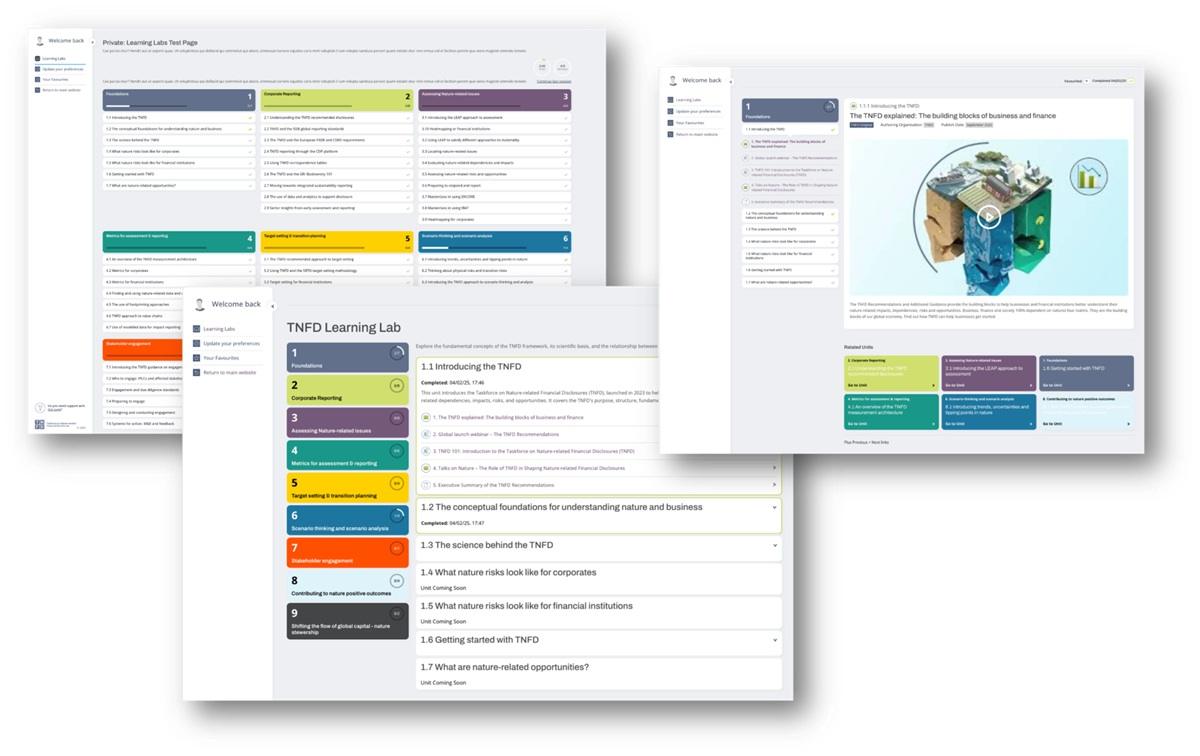Guest Post: Global Agreement on Sustainability Reporting has Never Been so Close, or More Urgent
By: Larry Bradley, KPMG International Global Head of Audit
As world leaders gather in Sharm el-Sheikh for COP 27, they face the same annual question from commentators and campaigners. What’s actually changed since last year’s conference?
One positive answer would be the development of the International Sustainability Standards Board (ISSB). It’s up, it’s running, and it’s well on the way to producing its first two IFRS Sustainability Disclosure Standards.
In the year since it was announced it has progressed significantly in developing those standards, commendably swiftly from a standing start, and has done a great deal to generate an international consensus for greater global alignment of sustainability standards. It continues to gather support at global bodies such as the G20 and G7 for its stated aim to develop – in the public interest – a comprehensive global baseline of high-quality sustainability disclosure standards to meet investors’ information needs.
Seeking global alignment
And of course it is not alone. This spring saw the publication of two other sets of proposed requirements, from the EU’s European Financial Reporting Advisory Group (EFRAG) and the US Securities and Exchange Commission (SEC).
The volume of comments attracted by these proposals was impressive – the ISSB’s alone attracted more than 1,400 responses – and what was perhaps most revealing was the chorus of calls for greater global alignment of these standards.
Investors, consumers and stakeholders at every level are demanding that companies provide comprehensive and detailed reporting on their approaches to sustainability. In general, companies understand the urgent need to satisfy this demand, but they are wary of duplicating efforts. They are mapping the ISSB, EFRAG and SEC proposals to those they currently follow, to assess what they would need to change. Those global companies with operations in multiple jurisdictions and dual listings will find it very difficult to cope with multiple sets of requirements. Systems, processes, controls and governance will need to be developed in order to comply. This will take time and effort.
Building on existing frameworks
These companies may already be preparing their annual reports using codes and standards developed in recent years. The ISSB at its inception was careful to explain how it would align with these codes. Straight away, it consolidated the Climate Disclosure Standards Board and the Value Reporting Foundation – effectively bringing the 77 industry-specific standards of the Sustainability Accounting Standards Board (SASB) into its remit. It signed an agreement with the Global Reporting Initiative to co-ordinate their work programmes and standard-setting activities. And it is building on the framework developed by the Task Force on Climate-related Financial Disclosures (TCFD).
These are not just administrative steps: they make a real difference to the companies that are already using these codes and face adapting their reporting approaches to the forthcoming standards. They reassure companies that there is a real continuity and consistency of approach as the ISSB develops its standards.
A clear direction of travel
Now that the rubber’s hit the road and we are seeing the first proposed standards take shape, this approach is bringing clarity and certainty as the ISSB makes its significant decisions. At last month’s meeting it made the significant decision to require companies to disclose their Scope 3 greenhouse gas (GHG) emissions. And on industry-specific standards it has stated an aim of making the SASB climate metrics – and potentially all of the SASB metrics – mandatory in future, subject of course to consultation.
The key word at these ISSB meetings is interoperability – focusing on those areas where the ISSB, EFRAG and the SEC could find common ground. This approach is showing some positive early results, such as the EFRAG decision to use the TCFD framework as the architecture for its standards. But time is short: the EFRAG proposals will be finalised this month and the ISSB’s first IFRS Sustainability Disclosure Standards are to be finalised as early as possible in 2023.
Towards COP 28
Of course global alignment in sustainability reporting will only be achieved if jurisdictions across the world can adopt them readily. International standards will always need to recognise that the capacity of countries to implement them will differ widely. It’s one of the principal themes of this year’s COP 27 meeting, as its Egyptian hosts focus on capacity-building in the so-called Global South of emerging economies.
The ISSB should be well-prepared for this challenge. Its sister body, the International Accounting Standards Board, has been dealing with such capacity-building issues since its inception. But much depends on how the current sustainability proposals from the ISSB, EFRAG and the SEC are able to align.
The creation of the ISSB was arguably one of the significant achievements of COP 26. Such conferences are opportunities to think big – to forge agreements and to set international goals.
Following COP 27, as the ISSB prepares for its second year, we should keep in sight the greater ambition of global alignment in sustainability reporting. Achieving that goal has never been closer, nor more urgent.





